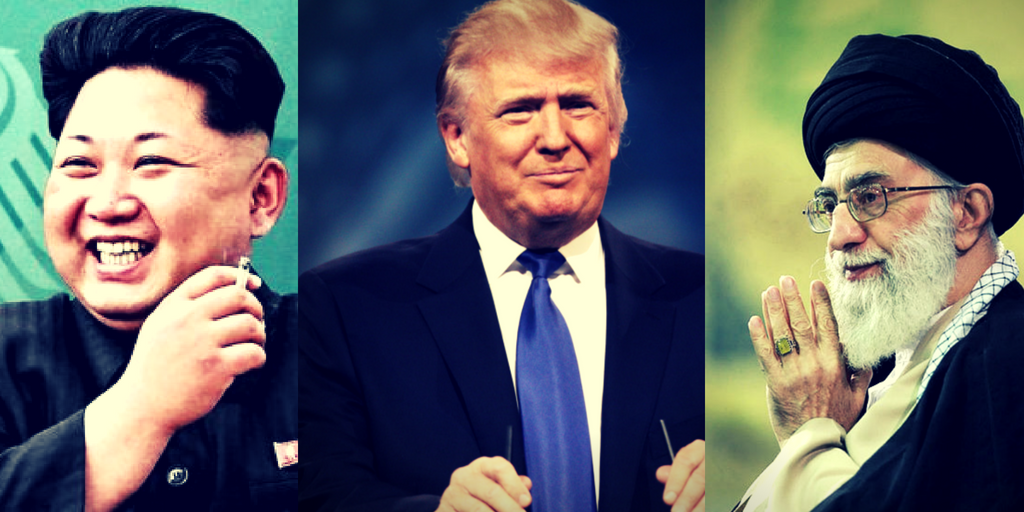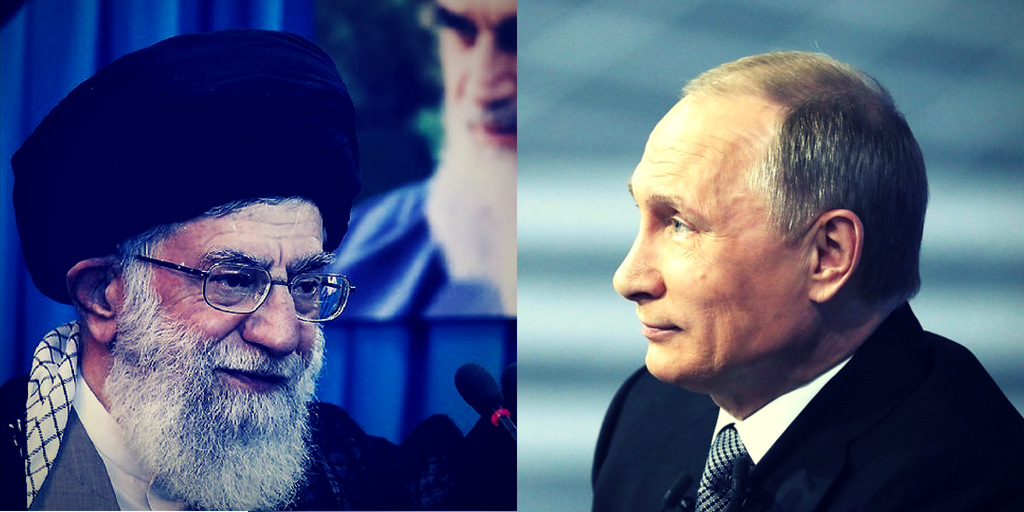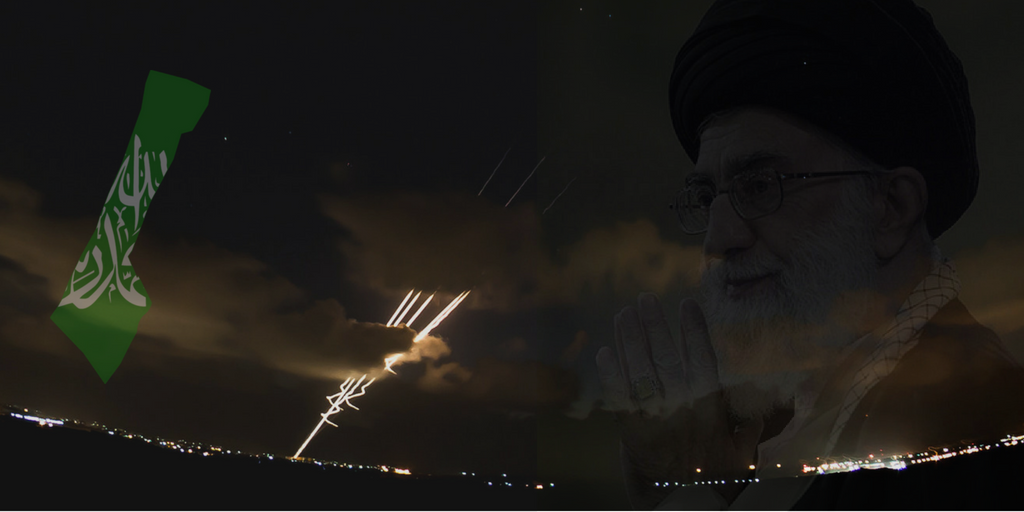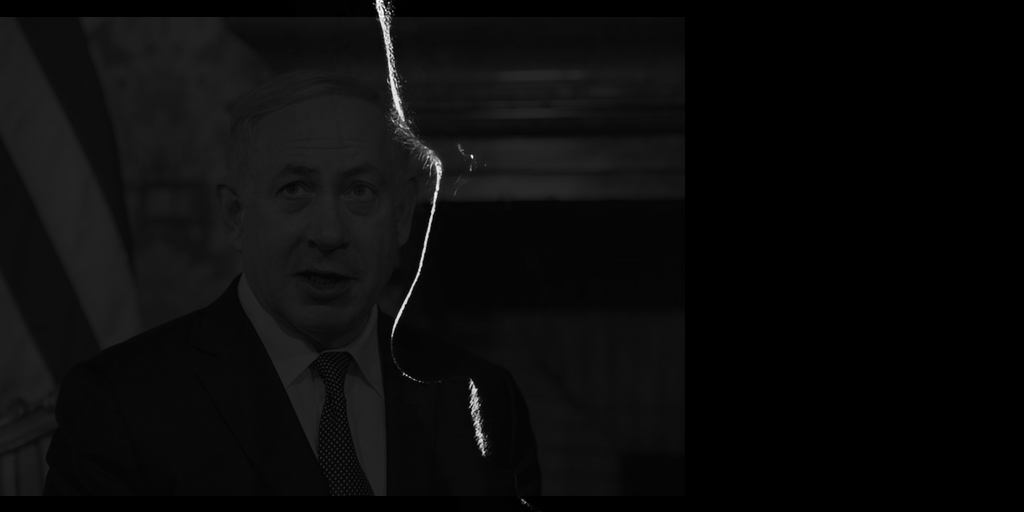Prime Minister Netanyahu said the following after President Trump’s historic summit with North Korean leader Kim Jong Un.
“I commend US President Donald Trump on the historic summit in Singapore. This is an important step in the effort to rid the Korean peninsula of nuclear weapons.
President Trump has also taken a strong stand against Iran’s efforts to arm itself with nuclear weapons and against its aggression in the Middle East. This is already affecting the Iranian economy. President Trump’s policy is an important development for Israel, the region and the entire world.”
The outcome of the summit in Singapore has already drawn a warning from Iran to North Korea.
“We don’t know what type of person the North Korean leader is negotiating with. It is not clear that he would not cancel the agreement before returning home,” Iranian government spokesman Mohammad Bagher Nobakht was quoted as saying by IRNA new agency.
Nobakht questioned Trump’s credibility. “This man does not represent the American people, and they will surely distance themselves from him at the next elections,” he said.
As it stands, Trump has returned home and the deal appears to still be standing. In fact Trump has said he wants a new “real” deal with Iran.
“I hope that, at the appropriate time, after the sanctions kick in — and they are brutal what we’ve put on Iran — I hope that they’re going to come back and negotiate a real deal because I’d love to be able to do that but right now it’s too soon to do that,” Trump said.
The real game behind this summit was two-fold. The first was to denuclearize the Korean peninsula, which both China and the USA have a serious interest to do and the second and perhaps real reason why Trump and his team took this unprecedented step to meet with the North Korean dictator was to disconnect it from Iran. This isolates the Islamist regime in Tehran.
Trump does not believe he can get anything out of the Ayatollah’s who are driven by Shiite messianic ideology. Kim Jong Un, while a brutal dictator does not appear to have an issue with Western cultural entertainment. Can we say Dennis Rodman?
However, the Ayatollahs, firmly believe their purpose is to bring the Mahdi and destroy the world. No amount of basketball and hotels will change this. Meaning, there is no real ability to create a personal connection between them and the Trump team.
So what is next?
Trump will continue to isolate the regime in Tehran and make it clear he intends to back Israel, Saudi Arabia, and the other Gulf allies. He will also attempt to turn Russia against Iran by guaranteeing Putin that he will keep control of Western Syria in return for Putin backing Iran’s abandonment of Syria and allotting the Syrian Kurds their own state or let’s call it proto-state.
Why would Putin go for this?
He historically does not like or trust Iran and it may well be that Trump will also relax US opposition to Russia’s annexation of Crimea and its growing control southeast Ukraine, otherwise known as the Donbass.
The USA will continue to isolate Iran militarily and economically. Will the regime in Tehran fold? Probably not, but unlike North Korea, there is enough people in Iran that are educated and will eventually make it clear to their leaders that times up.





